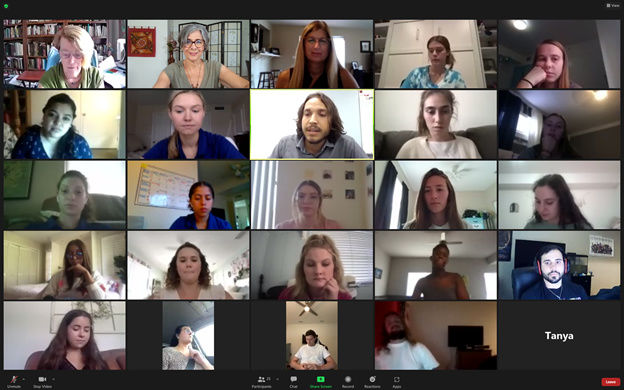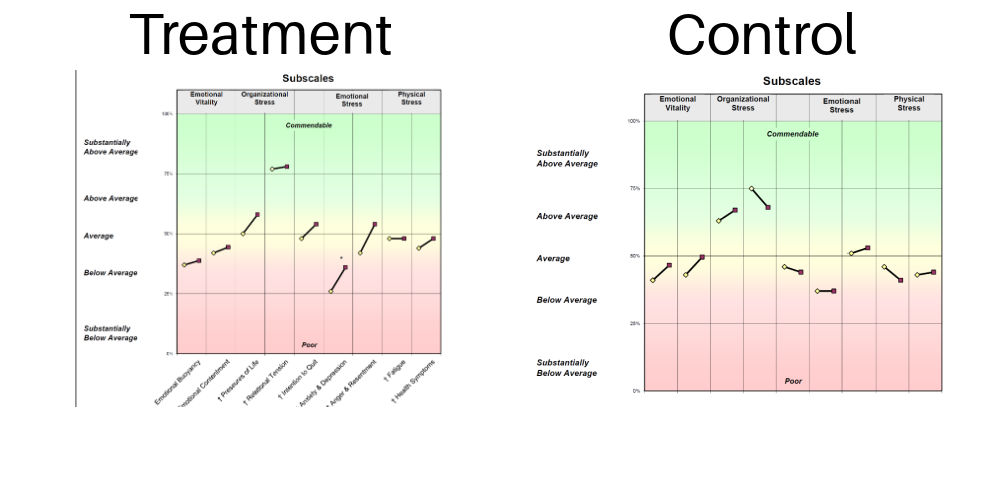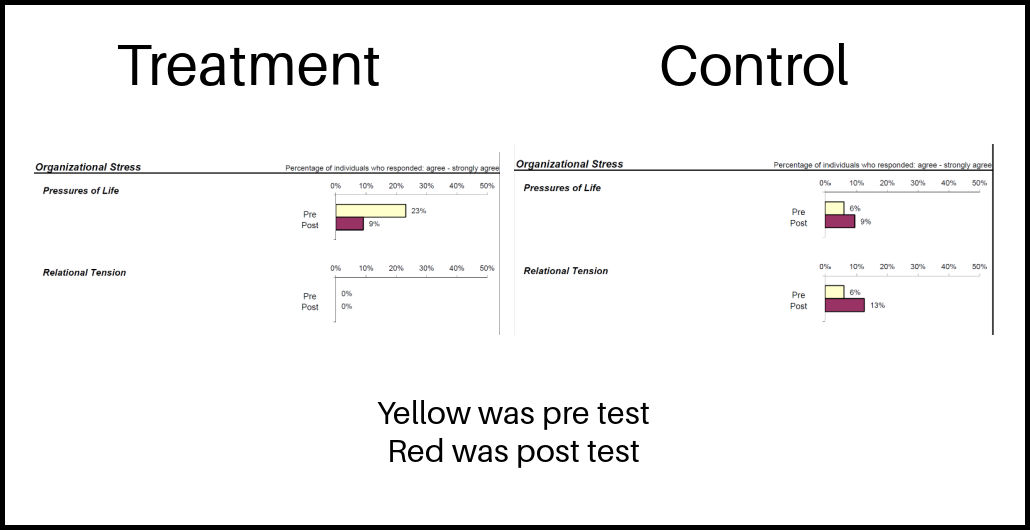
Simple HeartMathTools Can Improve Life for Our Teachers
We are coming to the end of another school year. Most teachers I know are counting the days. A just-released survey from a nonprofit organization (AdoptaClassroom.org) of 4665 pre-k-12th grade teachers nationwide paints a discouraging picture of what our current teachers are facing in their jobs. 81% of them report the workload has increased, 80% of them are handling more mental health issues of children and another statistic shows that 58% of them are reporting increased interruptions from behavioral problems in the classroom. Teaching was hard when I was a full-time teacher. Today, it is far more difficult, and yet so many dedicated people still have a passion to help our children learn. It is with this in mind that I joined up with Florida Gulf Coast University (FGCU) and HeartMath this past year, to assist in preparing teachers mentally, emotionally, and physically for what they are going to face in the modern world of teaching.
As a former science teacher, I was drawn to the HeartMath system of emotional regulation because of the amount of research on its effectiveness for reducing feelings of anxiety and improving energy and resilience. Here are some of the statistics shown in 400 studies over 30 years:
- 56% drop in depression
- 46% drop in anxiety
- 48% drop in fatigue
- 38% improvement in calmness
- 30% improvement in sleep
- 24% improvement in the ability to focus
For the past two semesters, I was hired by the College of Education at FGCU to implement a HeartMath-based stress management program to their 85 students in their final semester of the Teacher Education program. These students were already in a classroom full-time as interns.
During the spring semester, I received assistance from the HeartMath Institute in the form of a norm-referenced based pre and post-Professional and Organizational Quality Assessment (POQA) test to see how effective the intervention was for these new teachers. During the semester, I provided these pre-service teachers with 8 hours of training in HeartMath—meeting with the students at the beginning of the semester in person during orientation week, and then approximately every two weeks, meeting virtually with them. At the end of the semester, I presented each one of them with a completion certificate for Resilience Advantage Training program.
Under the direction of the two professors in the FGCU COE Clinical program, Dr. Diane Kratt and Dr. Jackie Greene, approval from the IRB for human subject research was obtained in case they wanted to publish the research. The study was small and considered to be a pilot. In brief, our hypothesis was that by providing the students with tools and opportunities to practice emotional regulation skills through HeartMath practices, their self-reported levels of stress and the effects of stress would be lower. In addition, we predicted their ability to cope with stressful situations would be improved. We also postulated using the Biofeedback tool would enhance the effectiveness of the training.

The FGCU HeartMath Experiment
During the orientation, we asked for student volunteers to amplify the Heart Brain coherence training using the HeartMath biofeedback tool called the Inner Balance throughout the semester. 15 of the 63 students agreed to be part of the treatment group (two later dropped out for lack of time). All the students received similar training. We were pleasantly surprised at the end of the semester to learn that the students who used the biofeedback device were more likely to practice these tools. Both groups showed small but significant changes in several measures of both perceived stress and the ability to handle the stress. Here is a brief overview of some of the successes. The chart results on the left represent students who used the biofeedback device. Their scores showed larger changes than the group without the biofeedback device shown on the right.


Commitment to Continuing this Work to Support our Teachers!
We also conducted an informal short survey through Survey Monkey on what could have made the HeartMath tools more valuable to these pre-service teachers. 37.5% percent said more time learning the tools, and 35% said more time being coached on the use of the tools would have made these tools even more effective. Most of the teachers said they practiced occasionally and used the tools to improve their interactions with their students. Armed with the information provided by this small study, I will be back at FGCU this coming fall working with another group of pre-service teachers. Dr. Kratt and I are examining ways to improve the program, but we both agree that the mental, emotional, and physical health of our new teachers is so critical for the success of our students in the classroom and for keeping our teachers in the field longer that this is an endeavor that is worthwhile to pursue. In summary, we believe that a coherent, emotionally stable teacher leads to improved conditions in the classroom. From there, we can expect fewer behavioral issues from the students, more learning, and in the long run, fewer teachers leaving the field with burnout.

I am expanding my work with educators around the country. If you know of any that need my help, please reach out.
Namaste,
Andrea



